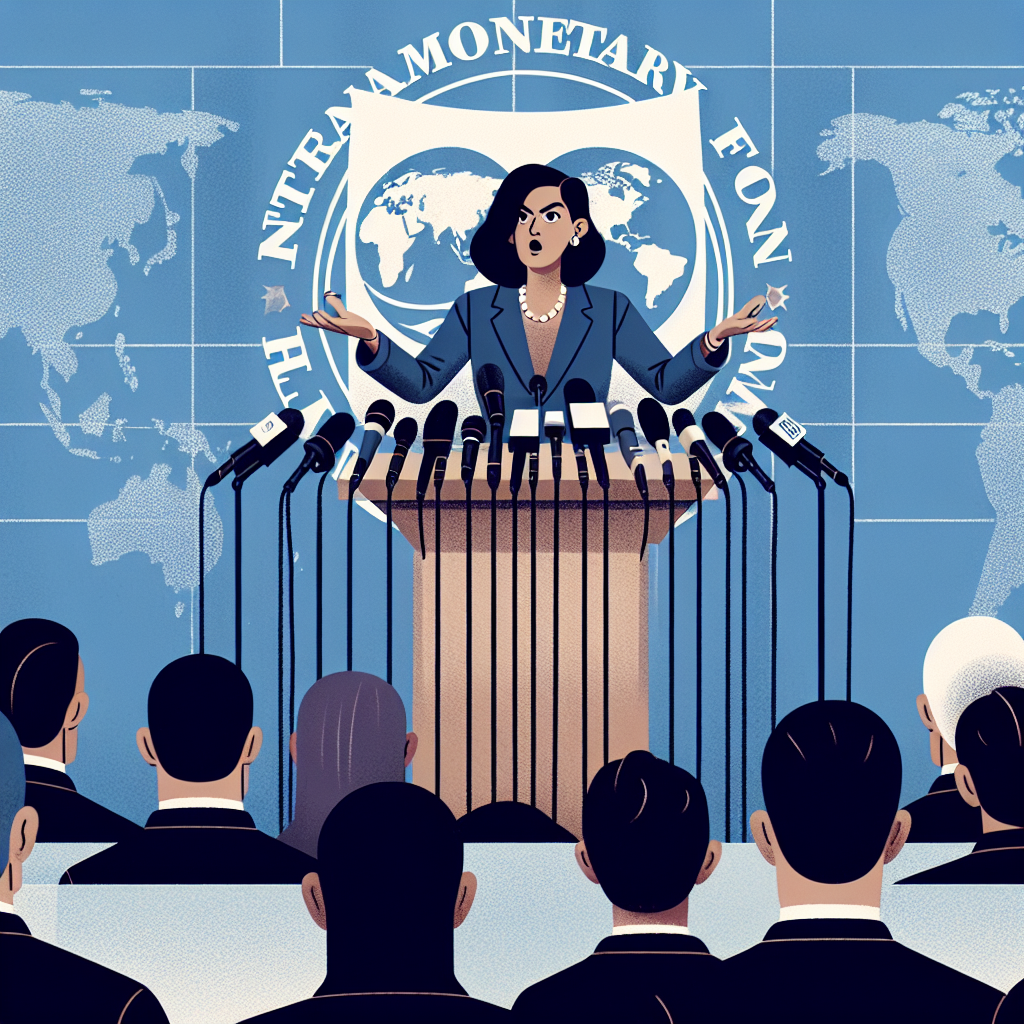US Treasury Chief Calls for Reform of IMF and World Bank to Meet Current Needs
US Treasury Chief Advocates for IMF and World Bank Reforms
Introduction
In a significant move, the US Treasury Secretary has called for comprehensive reforms of the International Monetary Fund (IMF) and the World Bank. These changes aim to better align these institutions with the evolving global economic landscape and address contemporary challenges.
Key Drivers for Reform
- Global Economic Shifts: The world economy has undergone substantial changes, necessitating a reevaluation of the roles and strategies of these financial institutions.
- Emerging Market Needs: There is a growing demand for the IMF and World Bank to cater more effectively to the needs of emerging markets and developing countries.
- Climate Change: Addressing climate change has become a critical priority, requiring these institutions to integrate environmental considerations into their financial frameworks.
Proposed Changes
- Enhanced Flexibility: The reforms aim to make the IMF and World Bank more adaptable to the rapid changes in the global economy.
- Increased Funding: Proposals include boosting financial resources to support sustainable development and climate initiatives.
- Inclusive Policies: Emphasizing policies that promote inclusivity and equitable growth across different regions.
Implications for Global Finance
The proposed reforms are expected to have far-reaching implications for global finance, potentially reshaping how international financial assistance is structured and delivered. By aligning with current global needs, the IMF and World Bank can play a pivotal role in fostering economic stability and growth.
Conclusion
The US Treasury Secretary’s call for reform underscores the necessity for the IMF and World Bank to evolve in response to modern challenges. By enhancing flexibility, increasing funding, and promoting inclusivity, these institutions can better serve the global community and contribute to a more resilient and sustainable economic future.































